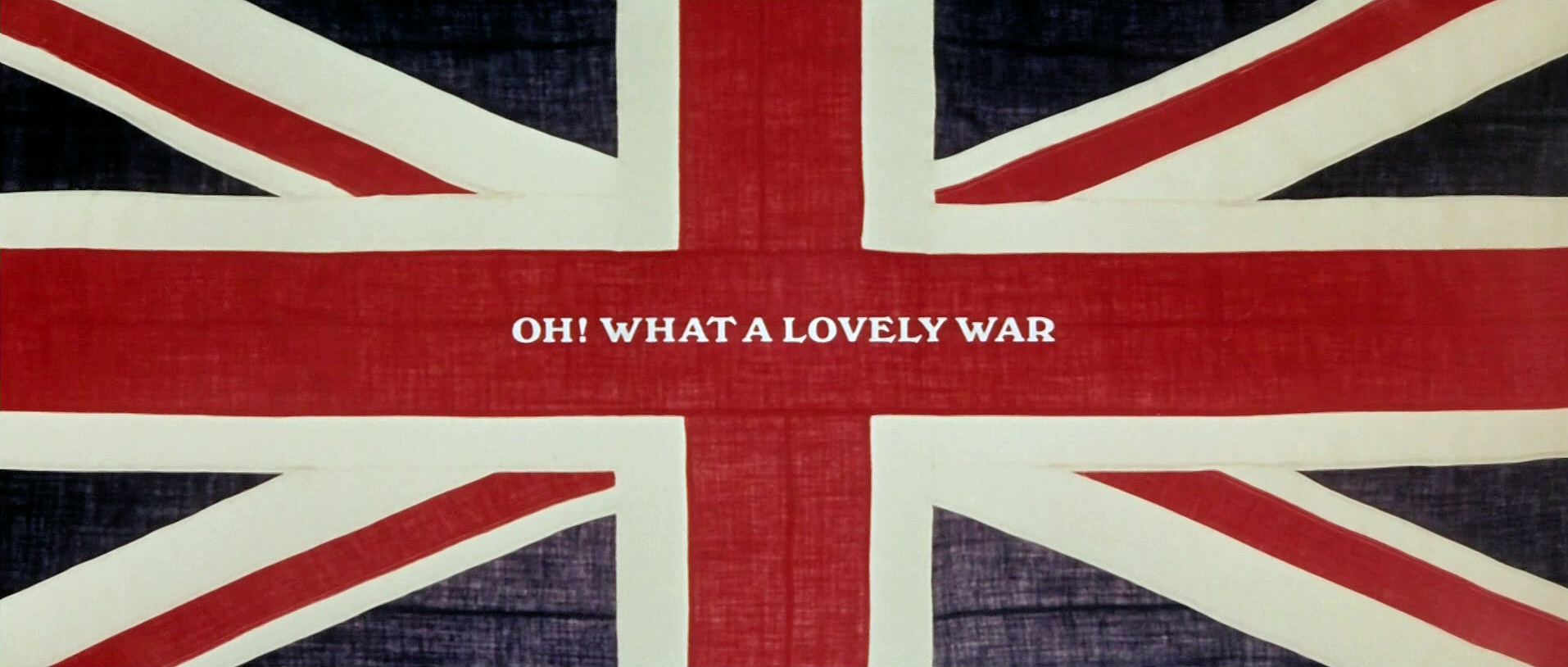
Hailed by critics, Lovely War has received seven starred reviews and is an indie best seller. Their story, as told by goddess Aphrodite, who must spin the tale or face judgment on Mount Olympus, is filled with hope and heartbreak, prejudice and passion, and reveals that, though war is a formidable force, it’s no match for the transcendent power of love. A classical pianist from London, a British would-be architect turned soldier, a Harlem-born ragtime genius in the US Army, and a Belgian orphan with a gorgeous voice and a devastating past. They are Hazel, James, Aubrey, and Colette. A critically acclaimed, multilayered romance set in the perilous days of World Wars I and II, where gods hold the fates – and the hearts – of four mortals in their hands. Even the gods get a final twist.Listen to the novel New York Times best-selling author of The Alice Network Kate Quinn called “easily one of the best novels I have read all year”. Happiness is tempered with nuanced reality, but the warm feelings are richer for that. Berry’s historical details are compellingly accurate. Love must endure despite the abyss of war, perhaps because of it.

Suffering is essential to the novel’s emotional resonance. Repeatedly, Berry reveals genuine connection.īerry is skillful portraying war, from German-destroyed villages to trenches, as well as racial hatred within the Allied side (Aubrey’s Black). Makes me rather flat, doesn’t it?” She retorts, “I prefer gentlemen who are sharp.” They “get” each other, James’s bad jokes, her affinity for music. for a song which, once played, I’d swear I’d always known.” He responds, “A piece of sheet music, am I?. Hazel, a classical pianist, reveals her feelings for James, “You’re a brand-new piece of sheet music. She’s masterful with dialogue of people falling in love-revealing flashes that show how well-suited they are. Love in time of war could fall into clichés. There’s a counterpoint between godly voice (“Hephaestus would almost worry for the Fates, but they’re tough old cookies.”) and mortal, visceral depth. The deathless gods are shallow because death’s deadline gives life meaning.Īt first, these divine narrators, with voices enjoyably clever but tinged in sarcasm, create problematic distance, except that soon, human feelings permeate the story with page-turning engagement. Aphrodite demonstrates through mortal stories how essential vicissitudes are to love, and hence how she, perfect, cannot be loved. Aphrodite offers as defense two pairs of lovers in WWI: Hazel and James, and Aubrey and Collette. In Lovely War’s opening, Hephaestus traps Aphrodite and Ares in a golden net and puts them on trial for infidelity-a Homeric story, now set in WWII.


 0 kommentar(er)
0 kommentar(er)
